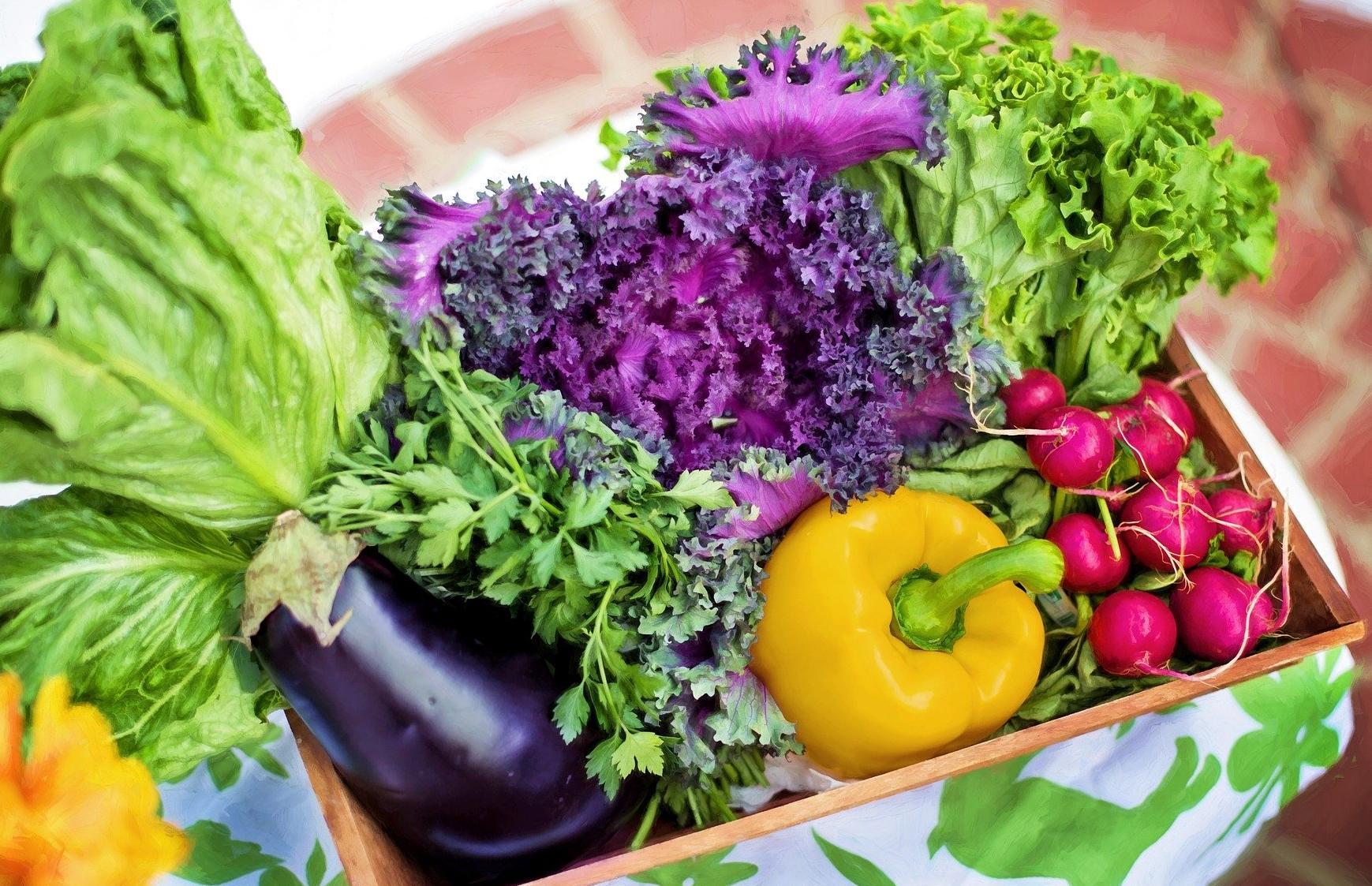The Caribbean on the Move to Safer Food and Better Health on World Food Safety Day
Joint Media Release Courtesy of the Caribbean Public Health Agency
Bridgetown, Barbados, June 6, 2022 (PAHO/WHO/FAO) - Though some may consider the theme for this year’s World Food Safety Day (WFSD), "Safer Food, Better Health”, obvious, few persons know that an estimated 600 million – almost 1 in 10 people in the world – fall ill after eating contaminated food and 420,000 die every year. And startlingly, children under 5 years old carry 40% of the foodborne disease burden, with 125,000 deaths every year, according to The Food and Agriculture Organization of the United Nations (FAO).
The United Nations established World Food Safety Day in 2018 to raise awareness about food safety. Observed on June 7, World Food Safety Day initiatives are held to highlight how to prevent foodborne illnesses, caused by bacteria, viruses, parasites, or chemical substances that enter the body through contaminated food or water. However, to tackle this issue, better data is needed to understand the far-reaching impacts of unsafe food and document the capacity of Caribbean countries to respond to, and in turn, develop climate-resilient food safety plans.
To this end, the Caribbean Public Health Agency (CARPHA) is currently, as part of the PAHO coordinated EU/CARIFORUM Strengthening Climate Resilient Health Systems in the Caribbean project, conducting a Climate Risks and Food Safety Baseline Assessment.
“While the body of evidence is slowly growing on an international scale, work on climate change and food safety risks have not been well documented in the Caribbean Region, nor has the Caribbean’s ability to respond to climate-driven outbreak events been assessed. With a scarcity of information, the Caribbean will continue to remain vulnerable to the effects of climate change on food safety and security,” underscored Dr Joy St. John, Executive Director at CARPHA.
This country assessment exercise seeks to determine the resilience of food/water safety and health and agriculture-related sectors in response to the effects of climate change in CARIFORUM countries. Assessments of past national food safety plans have shown limited incorporation of climate resilience, however, CARPHA and PAHO through this project will be reviewing and revising these plans with countries, factoring in climate adaptation and mitigation strategies.
Some of its objectives are to identify strengths, gaps, and opportunities in the surveillance and outbreak investigation of food-borne diseases and food/water borne hazards related to climate/weather events; identify reservoirs for food and water-borne disease pathogens; and, to assess the capacity for implementing climate integrated food-borne disease early warning systems.
Out of a participating 10 countries, the majority have developed national food safety plans and country officials recognize the effects of climate change on national and regional food safety and security, as well as the increased future risks. Within the health sector, emphasis will be placed on strengthening surveillance systems, including enhancing laboratory capacity for the detection of food-borne diseases.
Climate change events such as hurricanes, floods, and droughts are also exerting pressure on food production systems in the Caribbean, making countries highly dependent on food imports and volatile prices.
According to Center Director, of the Pan American Center for Foot-and-Mouth Disease and Veterinary Public Health (PANAFTOSA), Dr Ottorino Cosivi, “Caribbean countries are particularly vulnerable to emerging diseases derived from climate change events. There is a delicate balance between the health of people, the health of animals, and ecosystems. If the balance is broken, public health can be affected. There is an increasing need to build climate-resilient food systems under the One Health approach to ensure food safety along the food value chain and improve productivity in a sustainable manner,” Dr. Cosivi outlined.
Improving hygiene practices in the food and agricultural sectors also helps to reduce the emergence and spread of antimicrobial resistance along the food chain and in the environment. Dr Renata Clarke, FAO Sub-Regional Coordinator underlined that the current focus of Caribbean Heads of State on a regional approach to food security should extend to food safety.
“Food cannot flow efficiently among the countries if there is no mutual confidence in the systems of food safety control applied by industry and national regulators within each jurisdiction. An ongoing FAO project is enabling countries to carry out systematic assessments of their food control systems that allow countries to recognize areas of weakness and to plan effectively to address them. It promotes transparency, trust, and ultimately streamlines controls that make trade easier without compromising food safety. The spirit of World Food Safety Day is to bring home the message that ‘food safety is everyone’s business. It is not just about what governments and industries can do. There is much that consumers must do as well” Dr Clarke emphasized.
She noted that food systems are dynamic, and this makes food safety dynamic: “There needs to be constant vigilance to ensure that our food safety system is keeping pace with changes provoked by climate change, by technology, and by changing lifestyles.”
The Caribbean Agricultural Health and Food Safety Agency (CAHFSA) is CARICOM’s inter-governmental agency, mandated to coordinate and organize actions to enhance, strengthen and harmonize the regional sanitary and phytosanitary mechanisms.
“Food is a basic human right; no single country can solve existing or emerging food safety challenges. The solution: all countries must work together to put food safety measures in place. We must move as one, united together with one goal; to provide safer food and better health,” stated Dr. Suzan McLennon-Miguel, CAHFSA’s Food Safety Specialist.
She called on all stakeholders and consumers to become educated on food safety. Additionally, she commended the FAO, PAHO/WHO, and the World Organization for Animal Health (OIE) for providing scientific food safety guidelines, imperative for better health. “CAHFSA stands ready to work with these organizations and other Caribbean regional partners to guide and strengthen each country to harmonize its food safety systems,” Dr McLennon-Miguel concluded.
Avril Isaac
